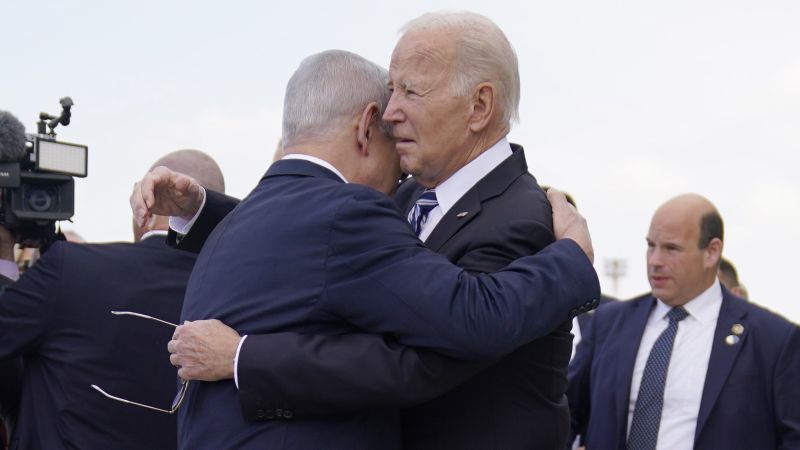Tensions Rise as Israeli Defense Minister’s Trip to Washington is Scrapped
By Mark Stone, US Correspondent
In a surprising turn of events, Israeli Defense Minister Yoav Gallant’s highly anticipated trip to Washington has been abruptly canceled, raising eyebrows and concerns about the state of U.S.-Israel relations. Initially set for this Wednesday, the meeting with U.S. Secretary of Defense Lloyd Austin was reportedly called off at the behest of Israeli Prime Minister Benjamin Netanyahu. While the Pentagon has confirmed the cancellation, the reasons behind it remain murky, leaving many to speculate about the underlying tensions between the two allies.
The meeting was originally initiated by Israel, signaling a desire for dialogue amid escalating tensions in the region, particularly following a recent Iranian ballistic missile attack. However, the Biden administration has voiced its apprehensions regarding Israel’s potential retaliatory actions, urging restraint and caution. President Biden himself has publicly advised Israel against targeting Iranian nuclear and oil facilities, a move that could further complicate an already delicate situation.
So, what’s really going on? Reports suggest that Netanyahu is seeking a direct conversation with President Biden before any military plans are set in stone. This is unusual; typically, a call between an American president and an Israeli prime minister would happen without a hitch. The fact that this vital line of communication is strained speaks volumes about the current state of affairs.
As tensions simmer, two major questions loom large: What kind of counter-strike might Israel consider against Iran, and will they proceed with it even if the U.S. advises against it? Netanyahu seems to be banking on the longstanding U.S. commitment to defend Israel militarily, even if that defense comes in response to an attack on Iran that the U.S. did not endorse.
For Netanyahu, the stakes are high. After years of dealing with Iranian proxies in Gaza and Lebanon, he believes the moment for a decisive strike against Iran has finally arrived. This could be a game-changer in the region, but it also risks further destabilizing an already volatile situation.
As the dust settles from this unexpected cancellation, the world watches closely. The dynamics between the U.S. and Israel are crucial not just for the two nations, but for the broader Middle East. With both sides navigating a complex web of alliances and enmities, the coming days could prove pivotal in shaping the future of U.S.-Israeli relations and regional security.
Stay tuned as we continue to follow this developing story and its implications for international diplomacy and military strategy.



